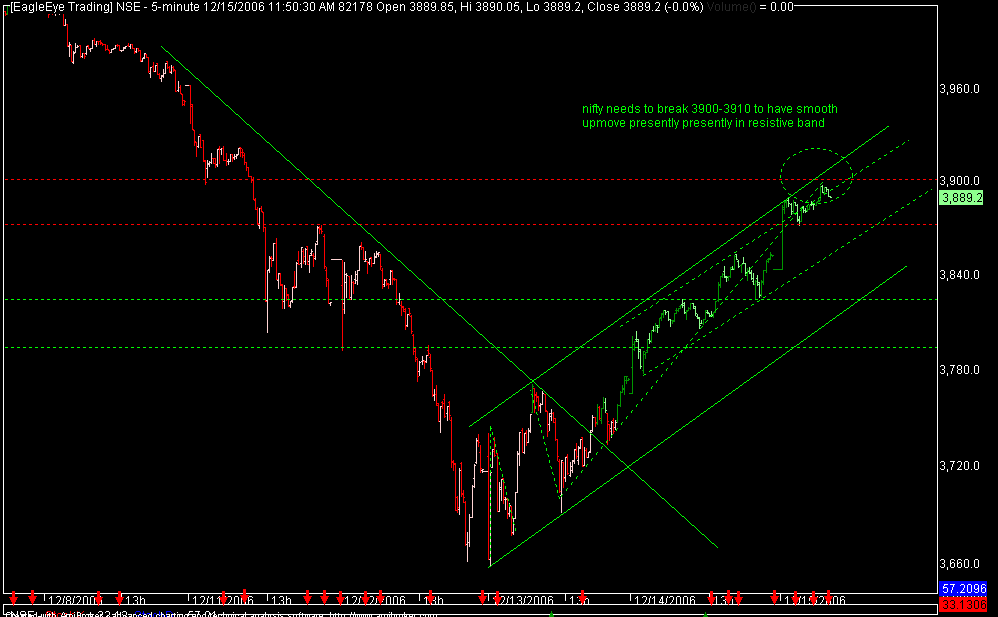Not only that. He could save money, time and effort in taking the produce to the Bowenpally market, 40 km
 away. "All we need is to take the produce there. We need not pay any commission not to speak of the hamali charges," he said. "Two months ago, Reliance representatives came to me and told me about their plans to procure quality brinjals for their upcoming outlets in Hyderabad," he told Business Line. Mr Reddy is not alone. "It has become a hot topic for discussion among the villagers. Everybody talks about the attractive rates," he said.
away. "All we need is to take the produce there. We need not pay any commission not to speak of the hamali charges," he said. "Two months ago, Reliance representatives came to me and told me about their plans to procure quality brinjals for their upcoming outlets in Hyderabad," he told Business Line. Mr Reddy is not alone. "It has become a hot topic for discussion among the villagers. Everybody talks about the attractive rates," he said.Collection centre
He is not exaggerating. About 200 farmers from villages in the area have started selling their produce at the Collection Centre set up by Reliance at Shankarpally. The centre collects 7-8 tonnes of vegetables a day and send the lot to the central processing centre at Medchal. Vegetables from 2-3 such centres get graded again and processed there before getting into the 17 `Fresh' outlets the company opened in the twin cities.
"We used to sell a 20-kg bendi bag for just Rs 150. But now we are getting Rs 10-11 a kg," Mr Jangaiah of Alamkhangudem said. "It is not just the higher price. We also save on the 10 per cent commission we pay at the market yards," he said.
But they understood quite well that the `maal' should be fresh. "It should be plucked too in a certain way. All my life I grew bendi the way my father did and sold as he did in the market. They (Reliance) do not tak
 e the second grade vegetables. But it seems I have to change," said.
e the second grade vegetables. But it seems I have to change," said.Mr Venkatrami Reddy of Chinnareddy Gudem saw another advantage. "They would tell me what quantity of vegetables they need from me. I'll go there and get my consignment graded at their collection centre," he said.
The centre would get the price-band and quantity of vegetables it needed to collect that particular day.
Mr Vithal, Secretary of the Agriculture Market Committee at Shankarpally, felt that the procurement by `Ranger Farms' (through which Reliance procures vegetables) has no impact on the arrivals at the committee.
The committee accepts vegetable consignments two days in a week. "Some days we receive more and some days we see less arrivals. We haven't yet seen any decrease on account of their (Reliance's) entry," he said.
Asked about farmers' claim that they paid 10 per cent as commission, Mr Vithal said the committee charged four per cent. The farmers also needed to pay for weighing and hamalis, he explained.

